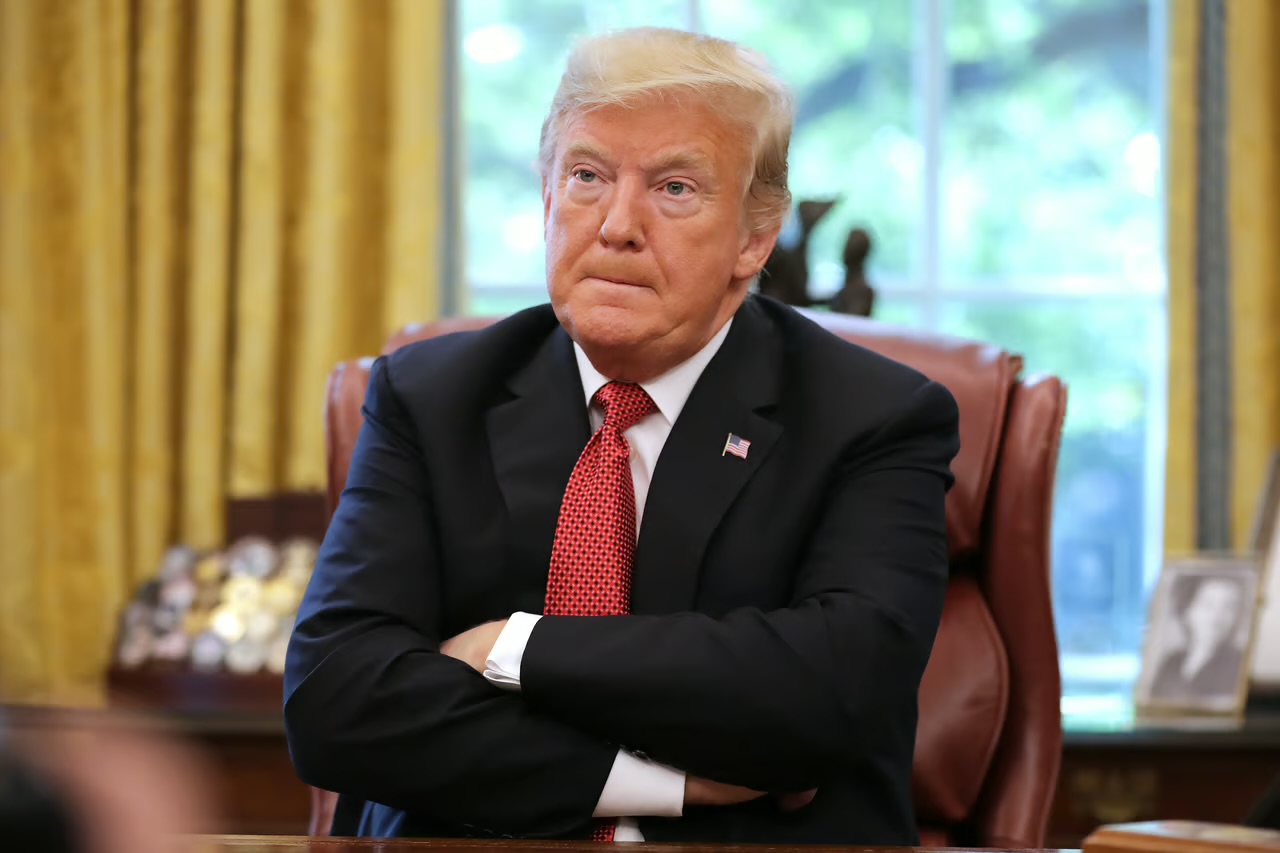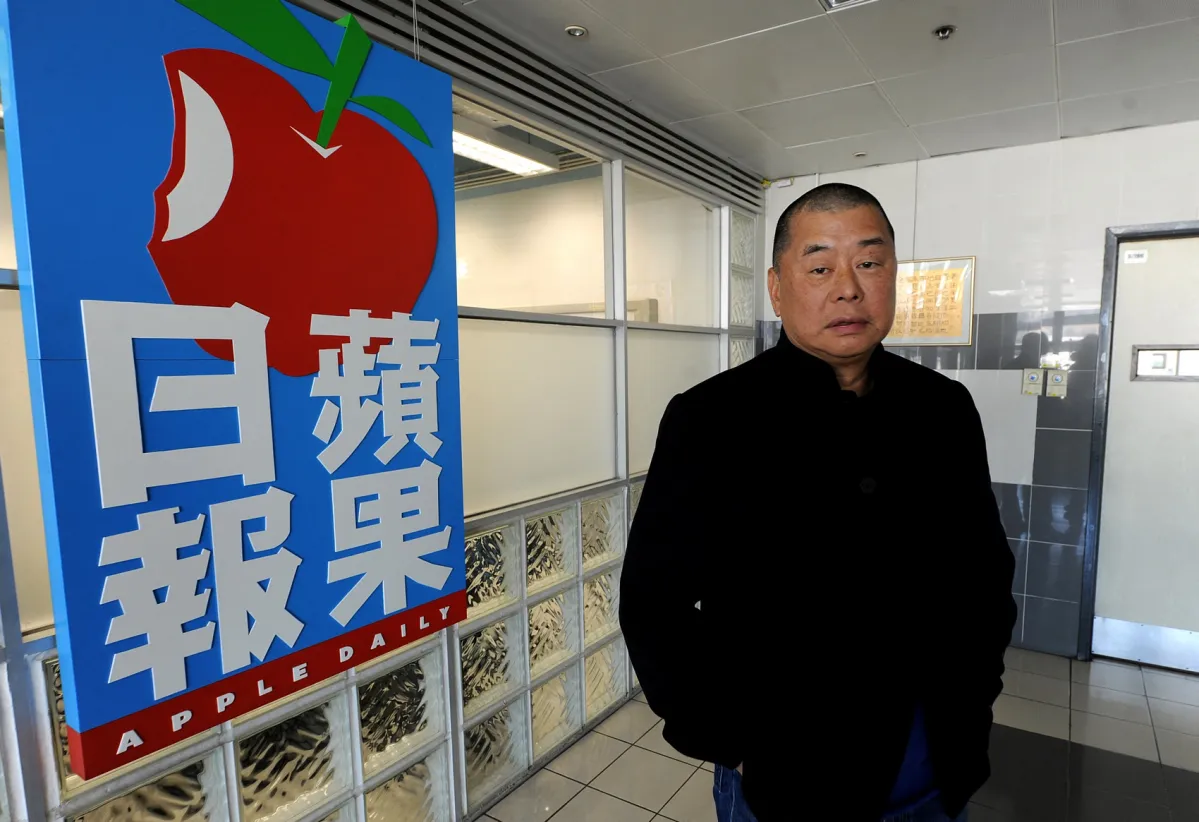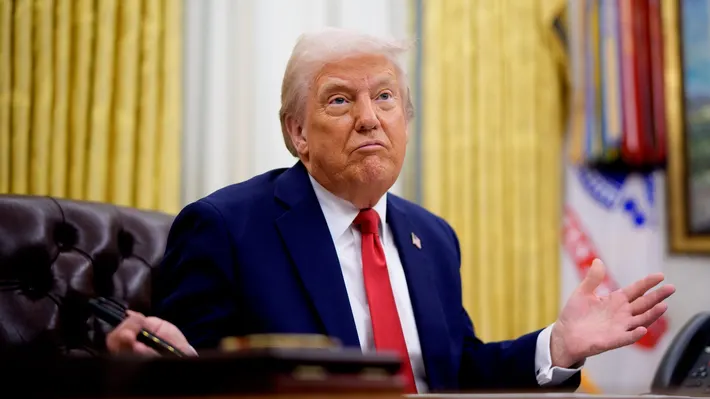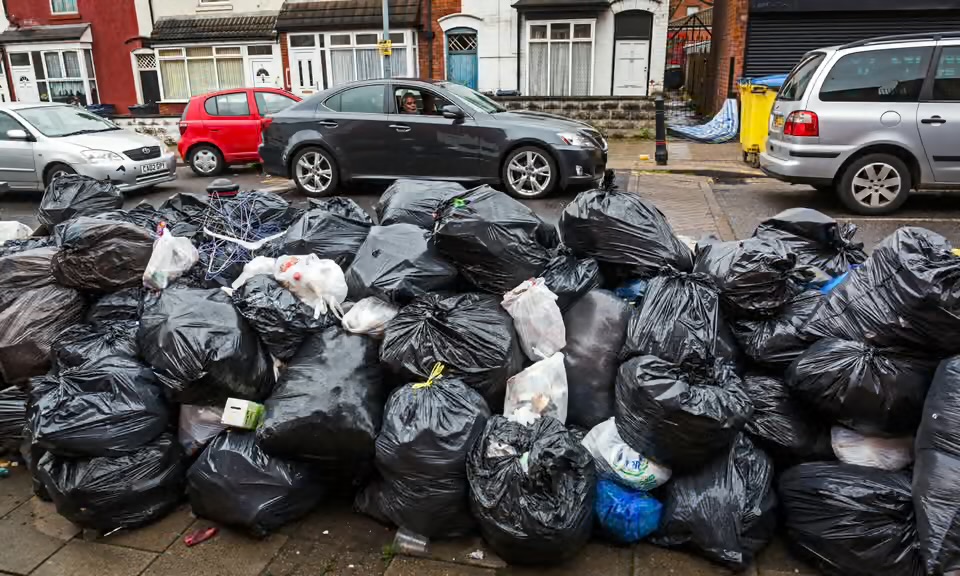US President Donald Trump has expressed strong dissatisfaction with Russian President Vladimir Putin’s handling of ceasefire negotiations in Ukraine. Speaking to NBC News, Trump accused Putin of obstructing progress by casting doubts on Ukrainian President Volodymyr Zelensky’s credibility. He suggested that if no significant progress is made within the next month, the US might impose hefty tariffs on Russian oil exports—because, as we all know, nothing encourages peace quite like a bit of economic arm-twisting.
Trump and Putin: A Complicated Relationship
The relationship between Trump and Putin has always been a peculiar dance—sometimes warm, sometimes icy, and often leaving onlookers confused. While Trump has in the past complimented Putin’s leadership, US-Russia relations have remained under scrutiny, particularly due to allegations of Russian interference in American elections. Recently, however, the war in Ukraine has soured any remaining goodwill between the two, making their past “bromance” feel like a distant memory.
Trump and Zelensky: From Phone Calls to Political Chess
Trump’s interactions with Ukrainian President Zelensky have been no less dramatic. Back in February, the two leaders met in the White House for high-profile talks. Expectations were high that the US would increase military aid to Ukraine, but the meeting ended without any major announcements. According to reports, both Trump and Vice President J.D. Vance were unimpressed with Zelensky’s approach, leading to a temporary freeze on US military assistance.
This isn’t the first time Trump and Zelensky’s exchanges have made headlines. In 2019, a single phone call between them triggered Trump’s first impeachment, when he was accused of pressuring Ukraine to investigate political rivals in exchange for military aid. Clearly, history has a habit of repeating itself—except this time, Trump seems less interested in aiding Ukraine and more focused on negotiating “the best ceasefire deal in history,” presumably complete with a Trump-branded peace treaty.
Diverging Approaches: The US, UK, and EU on Ukraine
The US, the UK, and the EU have all taken different stances on the war in Ukraine. Under Trump, the US has leaned towards applying direct pressure on Russia, dangling economic sanctions like a carrot (or perhaps more accurately, wielding them like a stick). Meanwhile, European nations have favoured diplomatic channels, although Germany’s reconsideration of its stance on the Nord Stream gas pipeline suggests that internal EU divisions remain.
China’s Role and the Mystery of “Non-Existent” Weapons Sales
China has repeatedly positioned itself as a neutral party in the Ukraine war, claiming to support peaceful resolutions. However, reports in Western media suggest that Beijing may be playing a less-than-innocent role. Allegations have surfaced that China is providing military equipment to Russia, possibly to aid its war efforts against Ukraine.
Both the US State Department and British intelligence have warned that if China is found supplying weapons to Russia, it could face severe economic sanctions. Beijing, of course, has categorically denied such claims—because, as we all know, China has never, ever supplied anything to anyone that could be used in a conflict. Just like how those surveillance balloons floating over the US were just “meteorological research projects.”
Nonetheless, some analysts suspect that China might be assisting Russia indirectly, funnelling military components through third-party countries or cleverly repackaging “dual-use” technology—because who would ever think a drone manufacturer might be selling something other than delivery drones for takeout orders?
Hong Kong’s Stake in the War
At first glance, the Ukraine conflict seems far removed from Hong Kong, but its global impact is undeniable. Energy price fluctuations and supply chain disruptions have already affected international trade, putting additional pressure on financial hubs like Hong Kong.
While there is no clear evidence of Hongkongers being directly involved in the war, the city’s residents remain highly attentive to global developments. The crisis serves as a stark reminder that in an era of geopolitical uncertainty, Hong Kong must further diversify its economy and reduce reliance on any single market—especially one that might suddenly decide to “liberate” an independent nation next door.
As the world continues to grapple with the ongoing war, the roles played by Trump, Putin, Zelensky, and China’s leadership will be pivotal in determining whether a ceasefire is actually possible—or whether we should all brace ourselves for another round of “peace negotiations” that lead absolutely nowhere.




